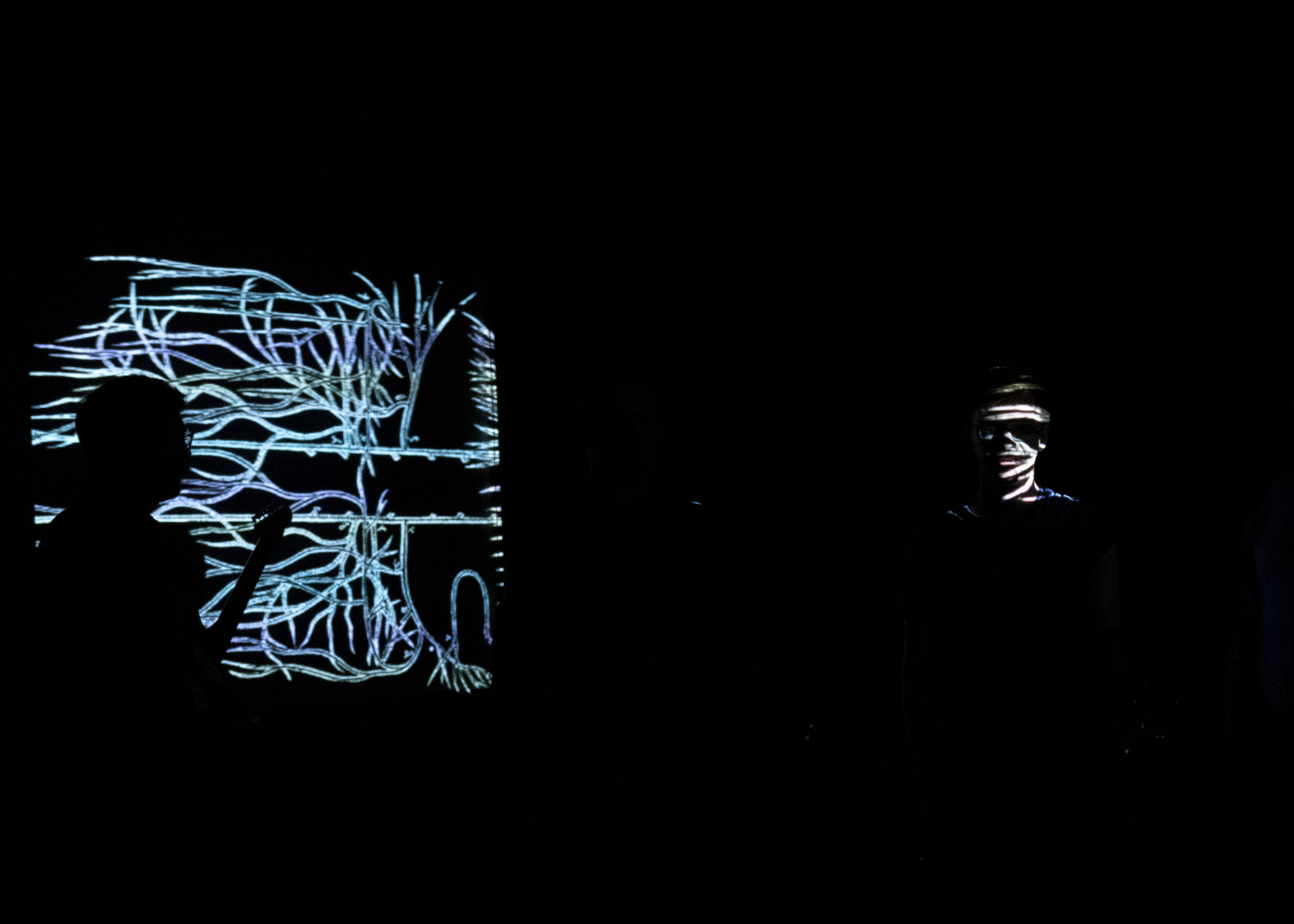Transition/Transformation
2020-21 Topic for the Penn Program in Environmental Humanities
Topic Director: Daniel A. Barber
Associate Professor and Chair of the Graduate Group in Architecture at the Weitzman School of Design

photo by Sarah Milinski
Climate instability presents complex challenges to social and cultural norms. At the heart of this challenge is a question: How can we encourage and effect a transition towards a social world less dependent on carbon? Posed by the scientific community to governmental bodies and demanded by youth activists to global society, this question exceeds adjustments to daily behaviors and to large scale infrastructures and surpasses the incrementality of transition. The question elicits ambitions towards a more consequential social transformation.
Transitions are piecemeal, small steps that lead gently and without friction towards a different state; transformations are dramatic, only sometimes willed, difficult, a phase-change towards a condition previously unimaginable. The acceleration of both “incremental” change and “transformational adaptation” are essential, according to the UN’s Intergovernmental Panel on Climate Change, to reducing “future climate related risk” (IPCC 2018). The imperative for transformation is, following Latour’s reflections on Polanyi, an attempt to keep up with the unprecedented changes to the biosphere. Climate change is transforming the conditions for human life, opening simultaneously a geo-physical pathway and conceptual framework for radical reconsideration of collective habitation of the planet (Latour 2014). Discussions over the 2020-2021 academic year will explore how diverse modes of environmental humanities scholarship that aim collectively “to inhabit a difficult space of simultaneous critique and action” might nurture movements from a general interest in transition to a collective commitment to transformation (Rose et al 2012).
Much of the discussion of energy transition, for example, focuses on how infrastructures can be reconfigured without dramatic effects on social life: solar panels, smart grids, better battery storage, electric vehicles, and other technologies endeavor to allow users to continue familiar patterns and behaviors, with reduced carbon output. They offer a deeply conservative narrative, encouraging familiar conditions to persist as long as possible. The expanded challenge and opportunity of transformation, on the other hand, frames the climate crisis as a pathway towards a society at once more equitable and less carbon intensive. A city designed for walking and public transportation, for example, where you don’t even need a car, supercedes continued reliance on slightly-less-carbon-intensive vehicles; one indication of the more elaborate and ultimately disruptive changes needed to produce a social world less dependent on fossil-fuels. How do the technologies and tactics of transition open up possibilities of transformation? How do dreams of techno-fixes forestall the emergence of radical change?
The just transition framework also points to a conceptual and practical challenge - how to maintain the viability of traditional industries and workers, of cities and networks, while also pushing towards a transformation that operates at the pace and scale of the changing climate and its effects? A just transformation encompasses this ethical framework, seeing the climate crisis as an opportunity for an equitable redistribution of wealth and opportunity - an economy that expands horizontally, rather than charges upwards; an ‘energopolitics’ (Boyer 2019) that sees forms of energy management as central to collective capacities for self-realization. Challenges to scholarly disciplines, ways of thinking, the old stories we tell, and to aspirations for the future, collective and individual, are central to the just transformation.
While transition relies on technologies to render existing patterns more efficient, transformation elicits conceptual inquiries and creative explorations more typical of the arts and humanities; it encourages scholars and artists to consider non-dominant epistemologies, to craft new narratives, to work towards public engagement, and to collectively articulate aspirations for the social and ethical foundations of post-carbon society. This last point is perhaps the most crucial, and will be a prominent aspect in the lectures, workshops and curricula for the year – how can we collectively foster the emergence of new aspirations? How can we articulate them? What bodies of knowledge might we draw on, what new scholarly methods can we explore? How do we gather a collective inexorably focused on the imperative for transformation, and find a way forward?
In the 2020-2021 academic year, our conversations will draw on discourses of transition, and introduce conceptual frameworks that unsettle familiar pathways and open towards effective transformation. Events involving designers, engineers, sociologists, biologists, literary scholars, fiction writers, anthropologists, and others, all bringing their own models and metaphors of change, will, it is hoped, challenge communities at the university and beyond to consider anew the real-world effects of scholarly investigations. Issues of scale and ambition, and considerations of the institutional and cultural obstacles to embracing transformation, will be at the center of these events. All are welcome.
February, 2020
Daniel A Barber, Topic Director
Bethany Wiggin, Director, Penn Program in Environmental Humanities
Transition/Transformation Events, 2020-2021
Covid X Climate Rapid response: Pandemics, Urban health and the global interior
Zoom Workshop
September 17-18, 2020
Solar Imaginaries, Spring 2021
February 18: A Road Not Taken with Filmmakers Christina Hemauer and Roman Keller
February 25: Solar Panel: Community, Fantasy and Technology in Energy Futures
March 4: Solar Synthesis: Energy Proposals Challenge
Settler Colonial City Project
The Petro-Biennial Complex: Petro-Colonialism, Petro-Philanthropy, and Petro-Culture with Ana María León and Andrew Herscher
March 17, 2021
When the Earth Meets the Sky
TBD
